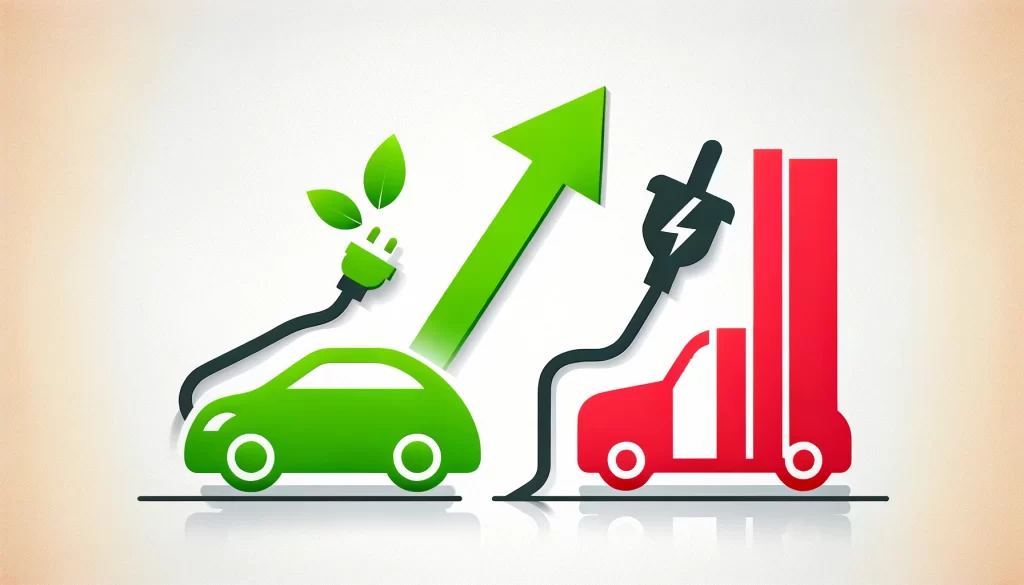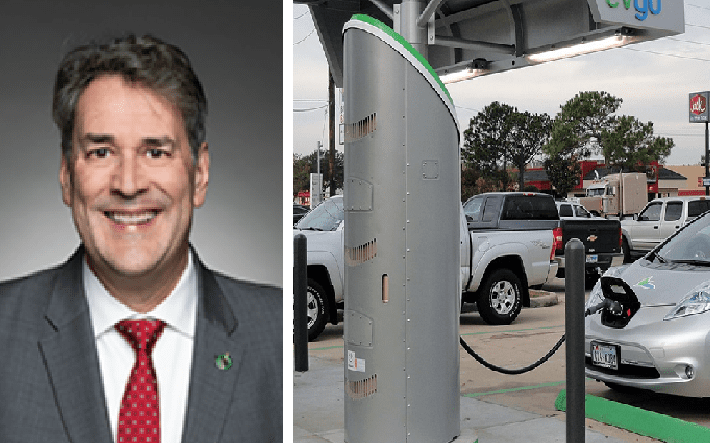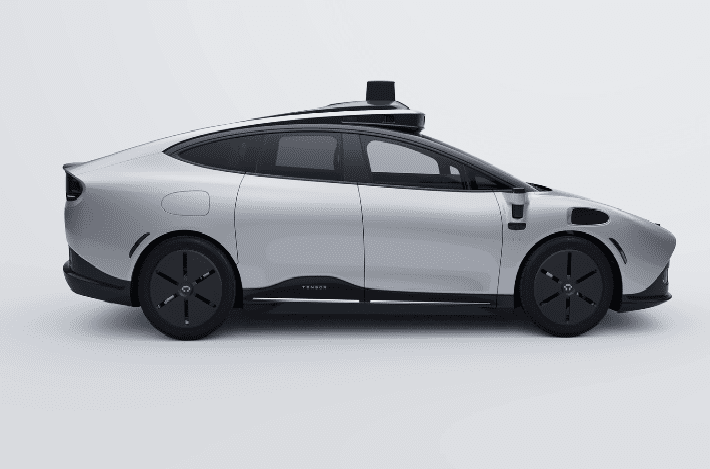Electric vehicle (EV) insurance claims surged by more than 40% in the U.S. and Canada in 2023, while the U.S. celebrated a milestone with over 1.2 million new EV sales. This dramatic uptick underscores a transformative shift in automotive preferences and the evolving challenges facing the auto insurance sector.
The 2023 edition of the Plugged-In: EV Collision Insights by Mitchell International has unveiled a significant uptick in electric vehicle (EV) insurance claims in both the U.S. and Canada, noting an increase exceeding 40%.
Ryan Mandell, the Claims Performance Director at Mitchell, emphasized the groundbreaking nature of these findings. “The surge in EV collision claims has reached unprecedented levels, coupled with the U.S. breaking new ground with over 1.2 million new EV sales,” he highlighted. This trend underscores the transformative effect of EV adoption on the auto insurance landscape, heralding new challenges ranging from underwriting intricacies to ensuring quality and safe repair services.
By the close of last year, the frequency of EV-related repair claims stood at 1.97% in the U.S., with Canada registering a higher rate at 2.86%.
However, a shift in governmental strategy might influence future EV growth dynamics. Reports from the New York Times in February suggest a potential deceleration in President Joe Biden’s climate change initiatives, specifically concerning new EV production. Previously, a goal was set for EVs to constitute 60% of automakers’ new vehicle output by 2030. Adjustments in the strategy now indicate a postponement of these production boosts to post-2030.
Despite robust sales, the expansion of public EV charging facilities is lagging behind, struggling to match the sales pace. A 2023 study by the Alliance for Automotive Innovation (Auto Innovators) revealed that while EV sales soared by 59% during the first nine months, public charger installations grew by only 26% in the same period.
Mitchell’s analysis also highlighted the tripling in repairable EV claim frequency from 2020 to 2023. Notably, Tesla solidified its market presence, with its share in new vehicle sales peaking at 4.2%. Brands like Kia, Hyundai, and Volkswagen witnessed significant sales surges in their EV models, notably the Kia EV6, Hyundai Ioniq, and Volkswagen ID.4, marking increases of 194%, 144%, and 139%, respectively, over the previous year.
One contributing factor to the heightened claim frequency for EVs may be their generally heavier mass compared to traditional internal combustion engine (ICE) vehicles. This has been associated with a higher incidence of EV air bag deployments (3.62%) in contrast to ICE models (2.45%), which consequently drives up the cost of collision repairs involving air bag deployments – often triple that of repairs without such deployments.
The Mitchell report also contrasts EVs with ICE vehicles across several dimensions, including claims severity, vehicle complexity, parts repairability, and material construction. Noteworthy findings include a year-over-year decrease in average claim severity for repairable EVs in the U.S., the increased likelihood of EV repairs involving advanced driver assistance systems (ADAS) sensor operations, and differences in parts repairability due to the use of lightweight materials.
Predictions from Kelley Blue Book anticipate a continuation in the sales growth trajectory for new EVs, echoing the robust demand observed in 2023, where nearly 1.2 million EVs were sold in the U.S., capturing an 8.1% share of the total new vehicle market. This figure is expected to reach a 10% market share in the coming year.



















